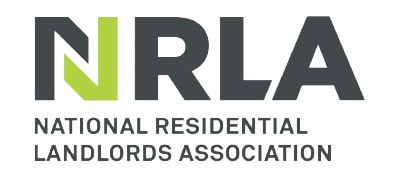Opening up space in Bristol
02 Jun 2023The licensing scheme has proven to deter many landlords who prefer to stay away from it, thus restricting the availability of larger properties in Bristol. However, landlords who seize the opportunity and open up more rentable space for tenants in their property are lowering pressure on rents and increasing their revenue at the same time.
How tightening regulation is squeezing supply
The licensing scheme has been imposing the HMO regulations on properties across Bristol since 2013, and it now covers most areas in the city. If you want to let your property to three or more sharers today, you need a license, and you’ll be asked to fit fire doors and interlinked smoke alarms, irrespective of where you are in Bristol or how many storeys your property has.
As a result, 3-bed properties that were usually available to three or four sharers have been restricted to couples or 2 sharers by landlords who want to avoid the hassle of applying for a license. Nowadays, online searches show that more than half of the 3-bed properties are restricted to families or two sharers only.
This is dramatically reducing the availability of rental space, in a city where demand is at its highest and few options are left for sharers.
HMOs are the future of Bristol's letting market
By opening up to the license, landlords can increase their revenue whilst lowering the average cost per person, thus reaching a greater number of tenants who are looking to share houses.
As a letting company, we have guided many landlords through the licensing process and have managed the requirements of the license for them with positive financial results.
Overall, this approach has many benefits:
- It increases space availability for tenants.
- It alleviates market pressure and reduces average rent per room in the city.
- It creates longer, more stable tenancies over time, thus reducing costs and stress.
- It increases overall revenues for landlords.
A win-win move for everybody in Bristol.
Boris Drappier











